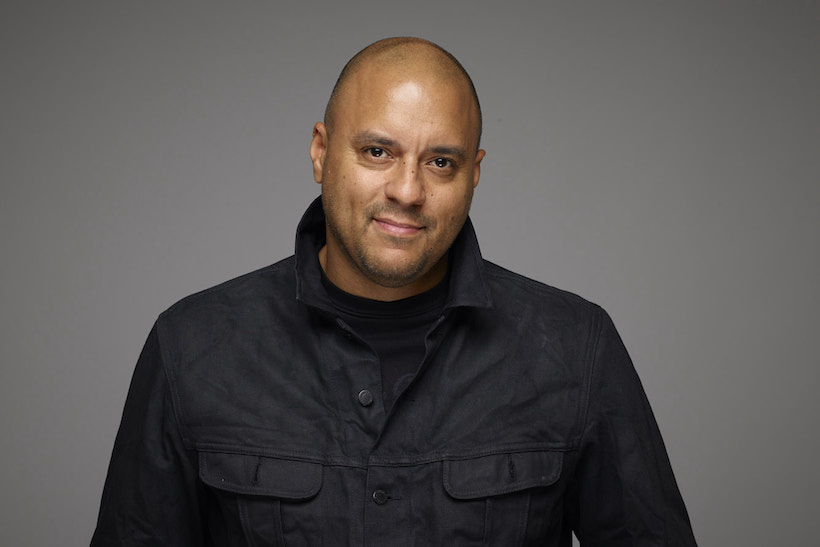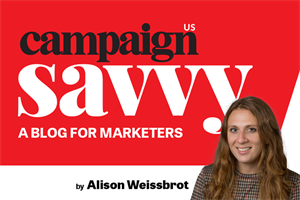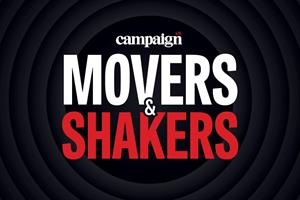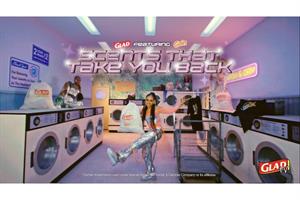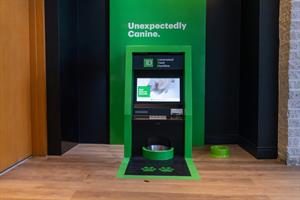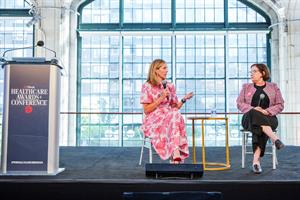One of many calls to action coming out of the Civil Rights era was for corporate America to carve out dedicated space in their marketing budgets to invest in reaching diverse audiences — communities with growing spending power capable of making huge economic contributions. This gave rise to diverse-owned agencies tasked with handling those responsibilities.
While this progress was important, marking a shift toward better understanding of the power of underrepresented communities, it has also resulted in a diluted view of the type of work our agencies are capable of doing.
Fifty-plus years later, diverse agencies are still often seen as strictly specialists.
Don’t get me wrong — as a Black agency owner myself, I’m proud to be seen as an expert in connecting brands with Black communities. However, diverse-owned and operated agencies suffer from a constricting view that we are only able to connect with diverse audiences, and are subsequently pigeonholed into handling specific campaigns that reach underrepresented demographics.
This impedes our ability to grow our account scopes, acquire new clients and be considered top agencies among our white-owned and operated counterparts.
Multiculturalism is the new mainstream, due to the enormous impact of Black communities on American popular culture. As Marc Bain wrote in Quartz back in 2020, “in ways large and small, Black Americans have shaped that culture. They’ve held an outsized sway on what the U.S., and consequently much of the globe, deems cool.”
But our industry is still limited in its understanding and appreciation of the impact that diverse communities have on culture at large. Agencies often tout their ability to provide insights into trends and culture, but an acknowledgement of who is creating and driving that culture is absent from the conversation.
From the birth of popular music genres to sneaker culture, sports, entertainment, fashion and more, major cultural trends and forces are consistently born out of —- and fueled by — Black communities. I know this first hand as a kid from Queens who witnessed the rise and explosion of hip-hop outside my front door.
In fact, if Black culture in the U.S. were quantified, its value would undoubtedly surpass that of entire nations' GDPs. Black consumers’ collective economic power in the U.S. alone is set to expand dramatically, from about $910 billion in 2019 to $1.7 trillion in 2030.
The reality is, if you are an expert in authentically connecting and communicating with diverse audiences, you are an expert at resonating with the general market — because diverse culture is mainstream culture. It only makes sense, then, that marketers from Black communities provide unique and unparalleled insights and understandings.
Yet the industry continues to perpetuate a system of white cronyism that stifles creative innovation by stereotyping Black and diverse agencies with the assumption that they are only capable of resonating with Black and diverse audiences. Mainstream agencies claiming to be experts in multiculturalism — but lacking in diversity across the business, especially in leadership and ownership — end up co-opting and appropriating the culture.
The results show up in the work. I am often disappointed by diverse celebrity sponsorships that serve to tick a multicultural box in lieu of building real cultural points of view. This surface-level approach often misses the point.
As we see chief diversity officer roles disappear across corporate America, DE&I budgets cut and diversity under attack, the time for change is urgent and necessary.
Our industry must push brands to take responsibility to ensure that their agency roster is as culturally diverse as their audiences. A recent ANA study found that diversity in leadership or ownership rarely took precedence in making a decision on which agencies to invite to a pitch. That’s unacceptable.
We need to open up the aperture of opportunity for Black and diverse-owned agencies and expand the perception of what a general market agency can be.
Invite Black-owned agencies to participate in all types of RFPs. Make sure your agency selection process includes diverse agencies, and embrace the unfiltered cultural truths we bring to the table. Consider working with diverse vendors across the board for campaigns that aren’t necessarily targeting diverse audiences.
If multiculturalism is the new mainstream, then why isn’t a multicultural agency your AOR?
Joseph Anthony is the founder and CEO of Hero Collective and founder of Blackweek.


